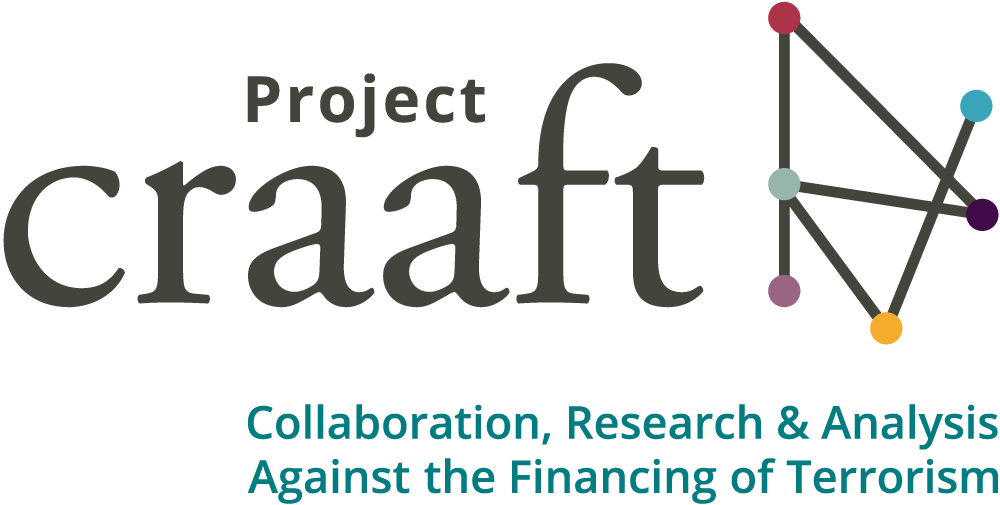
Research Briefings
The latest research on counter-terrorism financing from our CTF experts
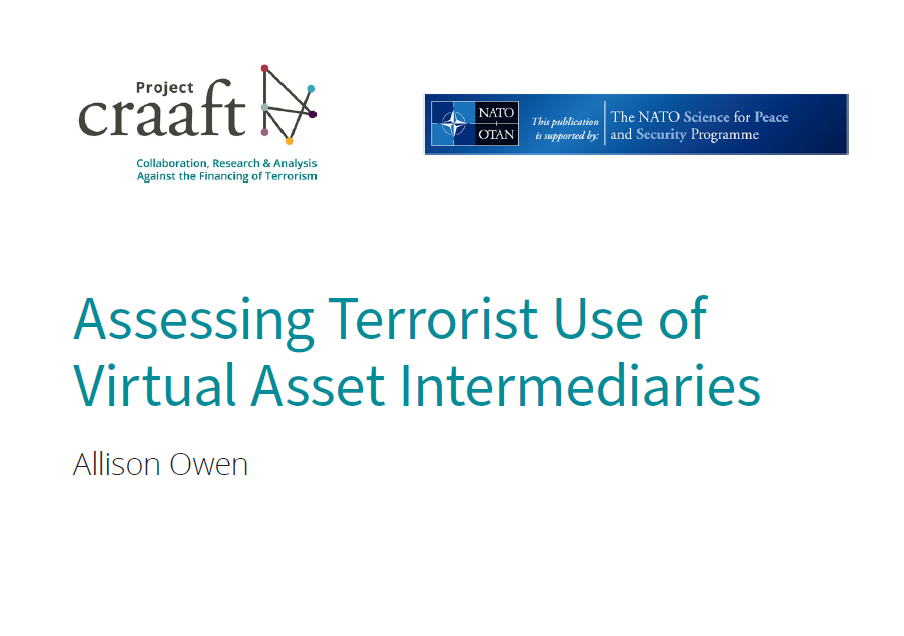
Assessing Terrorist Use of Virtual Asset Intermediaries
This research briefing by Allison Owen examines intermediary services that convert virtual assets to fiat currency in cases related to three groups: Hamas, Hezbollah and ISIS. This research brief is based, in part, on data provided by blockchain analytics company Crystal Intelligence, which was gathered through its internal investigations.
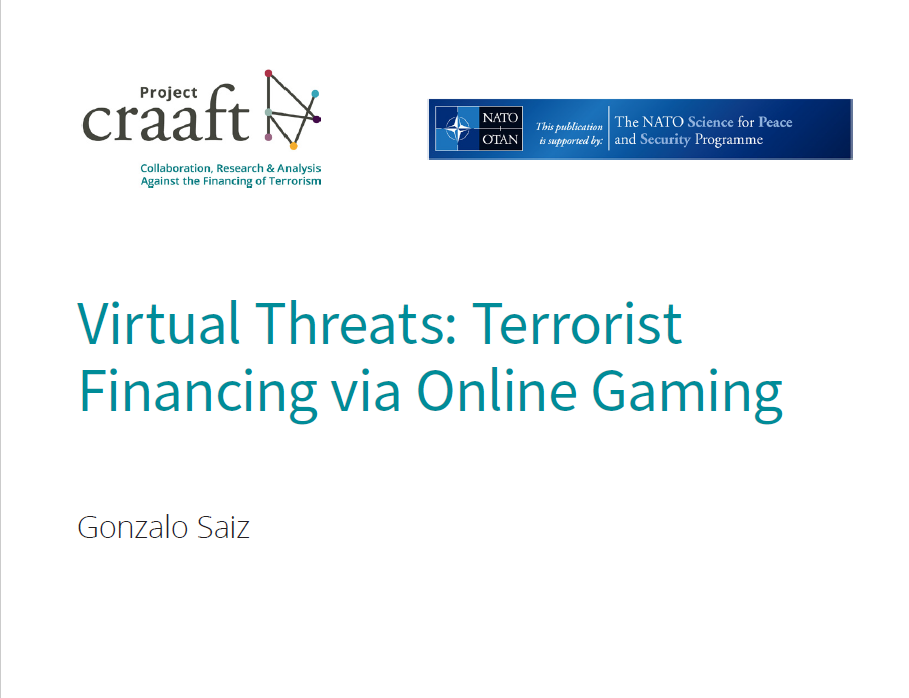
Virtual Threats: Terrorist Financing via Online Gaming
In this research briefing, Gonzalo Saiz examines the exploitation of online gaming platforms by terrorist and extremist groups for fundraising purposes. Through the analysis of documented cases, the briefing identifies how gaming and gaming-adjacent platforms can be leveraged to generate financial support for extremist activities and outlines specific policy recommendations designed to address and mitigate these emerging risks.

The Islamic State in Afghanistan: A Golden Opportunity for a ‘Golden Child’
In this research briefing titled “Islamic State in Afghanistan: A Golden Opportunity for a ‘Golden Child’”, Stephen Reimer outlines major trends in the financial tradecraft of ISKP, how the branch factors into broader Islamic State financial networks, and how the group looks after its own financial needs.
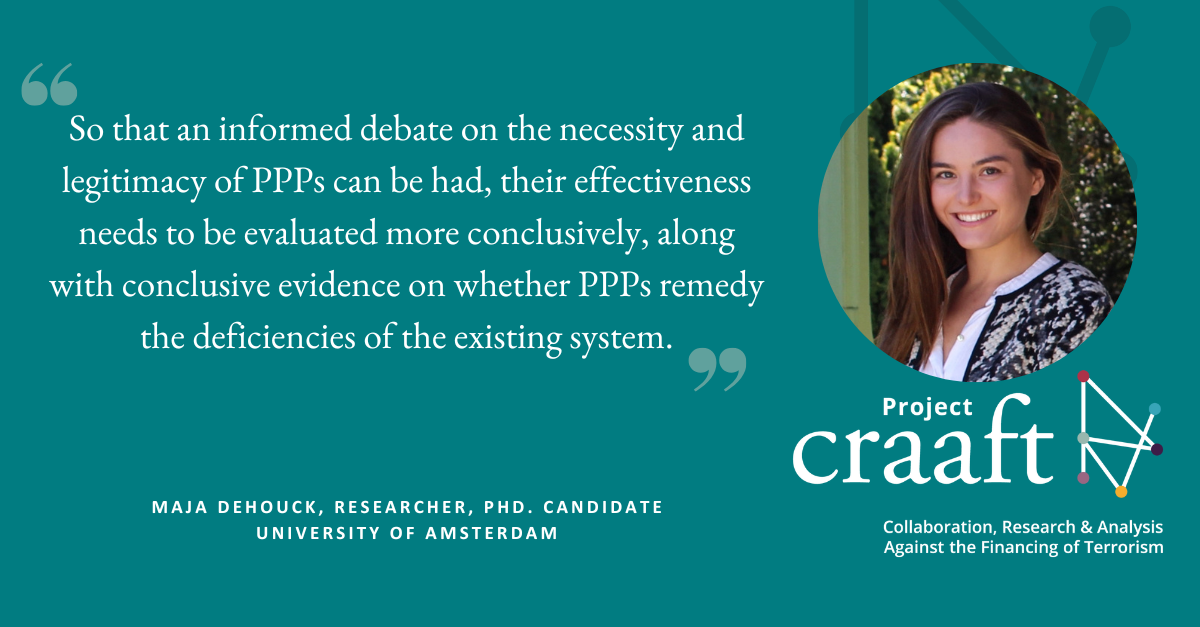
Ethics and Good Governance for Public-Private Partnerships in the Framework of Countering Financial Crime: 10 Recommendations
PPPs are omnipresent in discussions on the future of AML/CFT. They have sprung up in more than 20 countries worldwide in the past years, and their number is steadily growing. In her new report, Maja Dehouck argues for a more comprehensive good governance framework for Public-Private Partnerships.

Sanctions: Bringing the Wagner Group and State Proxies into the CTF Fold
Increasing pressure to designate non-state proxies like the Wagner Group as terrorist entities reflects an eagerness on the part of states to expand counterterrorism financing capabilities that were initially designed to erode jihadist terrorist groups. In his forthcoming Project CRAAFT Research Briefing, Jason Blazakis argues that current financial countermeasures levied against the Wagner Group have been insufficiently implemented and are thus minimally effective in eroding the group’s finances and capabilities. What more should the EU do to ratchet up pressure on this violent non-state proxy group?

Financing Extreme Right-Wing Volunteers in Ukraine: Past Lessons for New Risks?
In his CRAAFT research briefing entitled “Financing Extreme Right-Wing Volunteers in Ukraine: Past Lessons for New Risks?”, Gonzalo Saiz outlines what is currently known about how extremist volunteers in Ukraine finance their travel and maintenance while in-theatre, contrasting this with the modus operandi of Islamist extremists who travelled to join the Islamic State. Looking to the coordinated CTF measurers applied against Islamic State travellers, he considers how similar tactics might be effectively applied in the Ukrainian context.
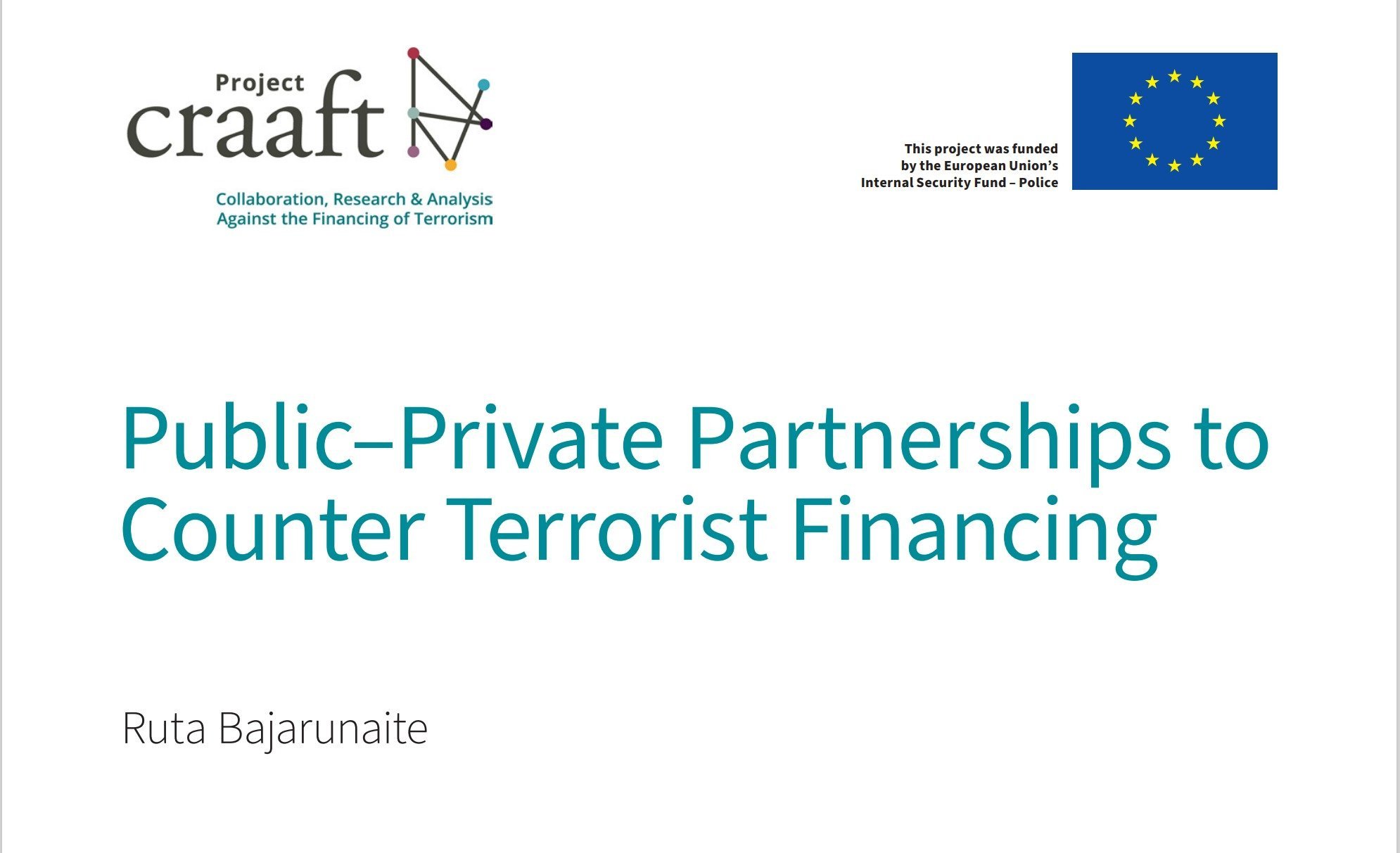
Public-Private Partnerships to Counter Terrorist Financing
In her CRAAFT research briefing entitled “PPPs and Terrorist Financing: Opportunities and Challenges”, Rūta Bajarūnaitė outlines the legislative, technological and security-related challenges to establishing successful PPPs, and provides sound guidance on how these might be navigated so as to yield the rich benefits of structured public-private information sharing.

Foreign State Funding and Predicate Subversion: Exploring Malign Influence
In this Research Briefing, Noémi També assesses whether and how foreign state funding of anti-democratic ideology should be prevented, monitored or limited. She considers if malign influence constitutes a terrorism financing threat, and if it could be identified and repelled via the existing elements of the counter-terrorism financing regime.

